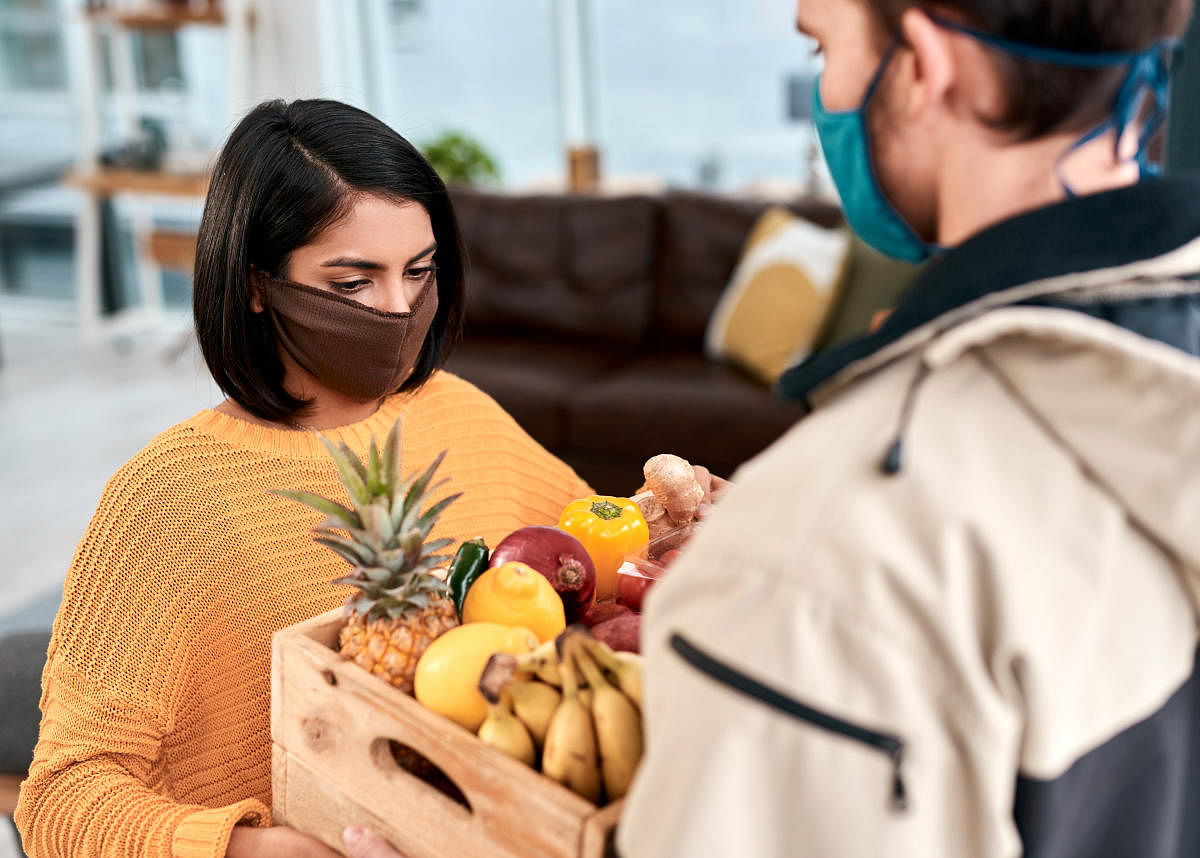
Bengaluru has witnessed several people converting to veganism since the pandemic broke out.
World Vegan Day is celebrated across the globe on November 1.
Veganism is where people avoid the usage of animal products as the philosophy is to consume ingredients that don’t harm animals.
Kirti Yadav of Kukclean, an online platform for healthy eating, says more people are accepting veganism as a mainstream practice.
“Many have gone vegan because of an awareness of how the pandemic began. After the lockdowns, many stopped eating meat,” she says.
She has been conducting personal counselling for those who wish to make this lifestyle change. “Veganism is no longer about weight loss but about developing one’s immunity. The way to go forward with the dietary change is to use ingredients closest to mother nature,” she explains.
Processed vegan food is expensive, just like any processed food in general. But Kirti feels that if you prepare these at home, they are much cheaper. “Cashew butter and almond milk, for example, are very easy to make. All you have to do is blend them in and strain them a little. Once you get used to making them, you realise that it’s not a chore at all,” she says.
It took almost a year for entrepreneur Roopa Rajan to turn vegan. “I was a vegetarian so the transition wasn’t too difficult for me. And also, most south Indian dishes are already vegan,” she says.
She’s the only one in the house following this lifestyle though. “My husband and kid are still vegetarians but they are very supportive of the change that I have made. For health reasons, we never used to have curd after sundown. We also cook paneer at home very rarely. We were using cold-pressed oils at home so overall this change has been a sustainable one,” she says.
The entrepreneur has switched to jaggery instead of sugar, “but we still have a couple of kilograms of sugar at home for guests and other members in the house.”
Roopa wasn’t much of a sweet tooth either and because she prefers Indian homemade sweets, she was able to not fall for the dairy cravings. “I am a little worried about when summer comes though. We are used to making buttermilk when it’s really hot, so let’s see how it goes when we get to it,” she says.
Relapsing to one’s earlier diet is quite common too. Jeslin John, content writer, has been struggling to stay vegan. “I care for the environment and I’ve seen a slight change in my health when I did give up dairy. But I have PCOS and the doctor says I need more proteins. Because of the hormone fluctuations, I crave for meat. I’m trying my best but it’s hard sometimes,” she concerns.
She is trying the alternative of vegan meat, where the meat-like substance is made out of plant-based ingredients such as vegan sausage, vegan cheese, and so on.
“It’s been a little easier to follow the vegan lifestyle since the lockdown since I am not travelling. Processed vegan meats are slightly heavier on the pocket but I’m hoping this will help me transition completely without the craving,” she adds.
Charted accountant Vinay Bhat, on the other hand, gave up his non-vegetarian life last year.
“I’m a runner and no matter how much I controlled my diet and exercised, I never got the results I wanted. So I started my transition very slowly. First, I gave up dairy products, then eggs. I have now given up meat. My fitness levels have changed for the better too,” he explains.
Vinay feels “lighter physically and mentally too.”